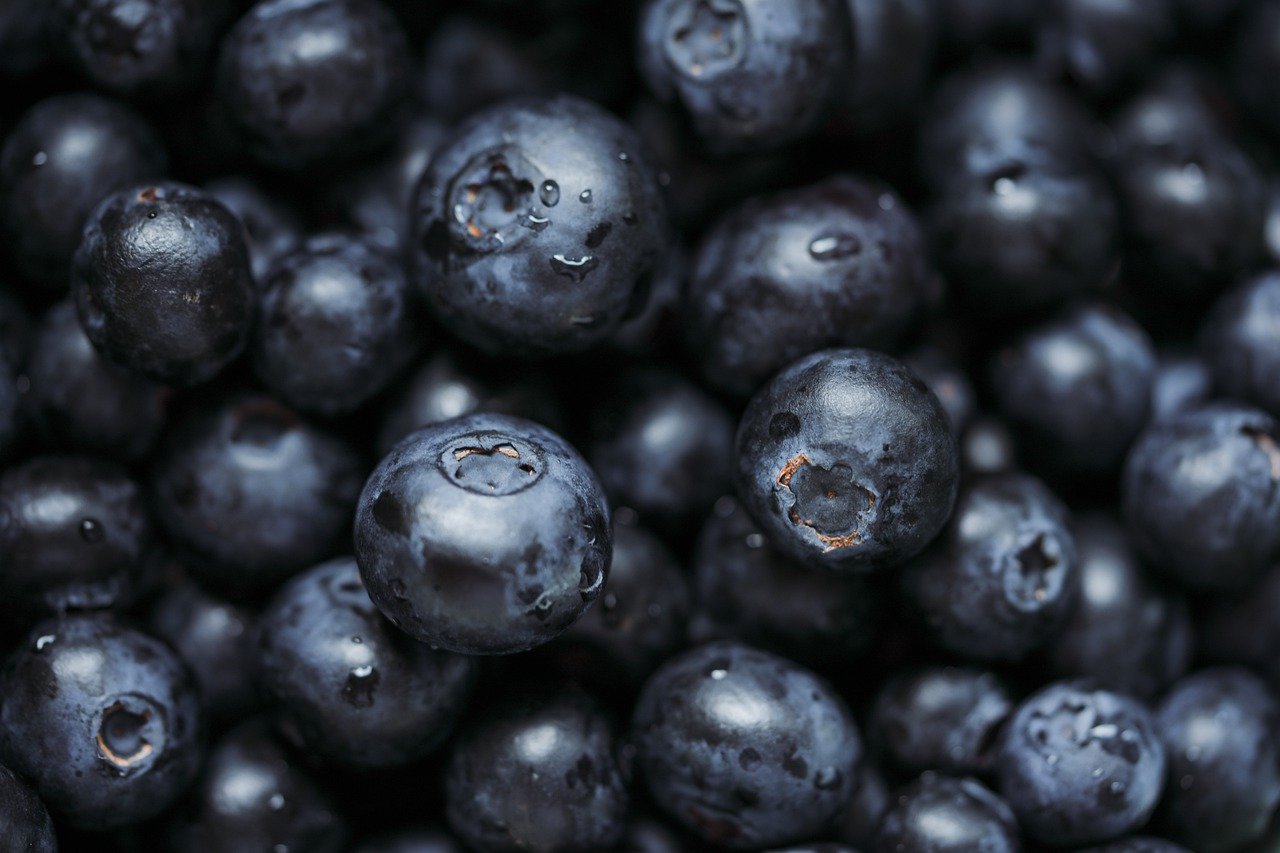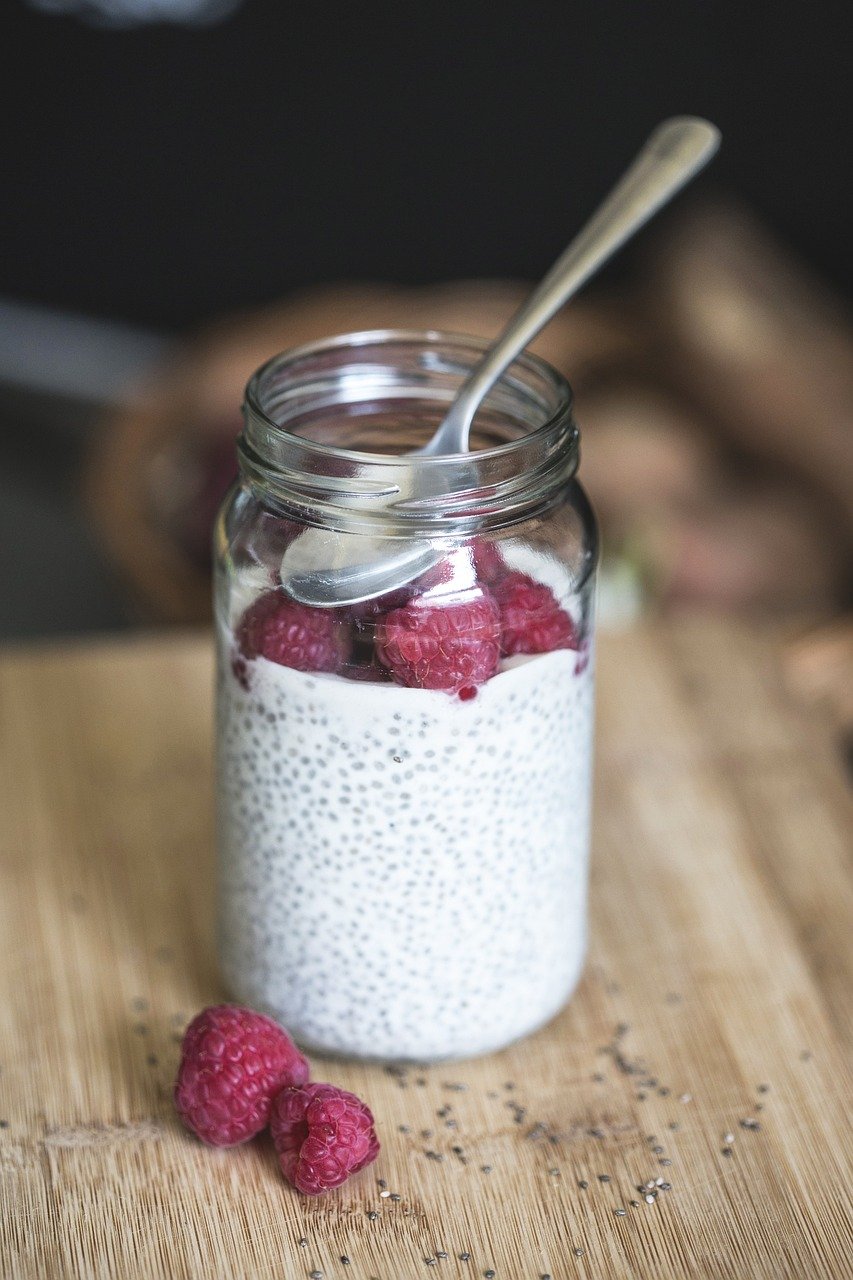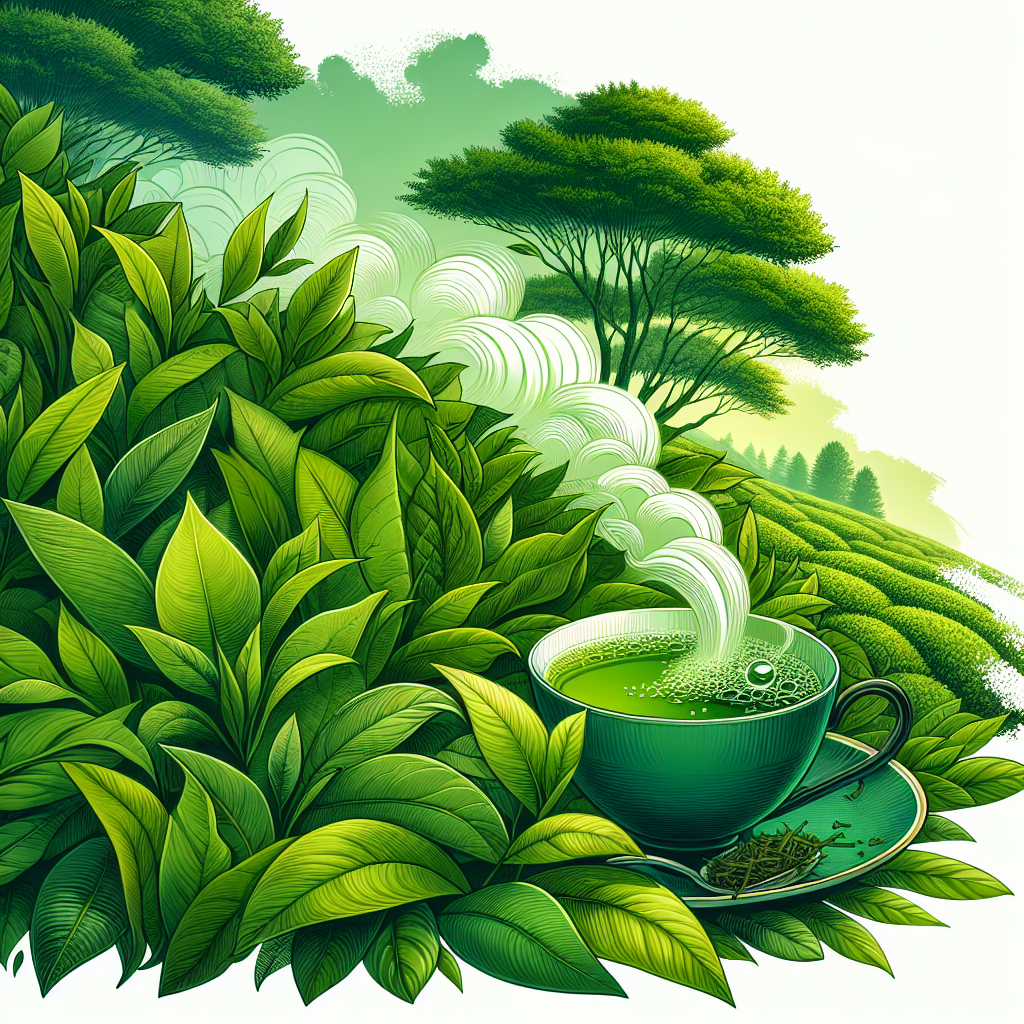
Imagine sipping on a warm and comforting cup of tea while providing your body with a powerful boost of antioxidants. Sounds amazing, doesn’t it? Well, get ready to meet your new favorite tea, Green Tea with Highest Antioxidants. Bursting with the goodness of antioxidants, this delightful tea is not only a treat for your taste buds but also offers incredible benefits for your skin and anti-aging concerns. So, grab a cup and let the antioxidants work their magic while you unwind and indulge in this flavorful and health-boosting beverage.

This image is property of pixabay.com.
Health Benefits of Antioxidants in Green Tea
Green tea has long been renowned for its numerous health benefits, and one of the key reasons for this is its high antioxidant content. Antioxidants play a crucial role in the body, protecting against free radicals, which are unstable molecules that can damage cells and contribute to various health issues. By neutralizing these harmful molecules, antioxidants help to maintain proper cell function and overall health. Green tea is an excellent source of antioxidants, making it a valuable addition to your daily routine.
Antioxidants and Their Role in the Body
Antioxidants are compounds that help to protect our body from the harmful effects of oxidation. Oxidation is a natural process that occurs in the body as a result of various factors, such as exposure to environmental pollutants, poor diet, and even stress. When oxidation levels become excessive, it can lead to oxidative stress, which is associated with the development of chronic diseases such as heart disease, cancer, and neurodegenerative disorders.
The role of antioxidants is to neutralize free radicals, which are highly reactive molecules that can cause damage to cells and DNA. By preventing or reducing this damage, antioxidants help to protect against the development of these diseases and promote overall health. Green tea contains a wide range of antioxidants, including catechins, flavonoids, and polyphenols, which have been shown to have powerful health benefits.
The Importance of Antioxidants for Skin Health
Our skin is constantly exposed to environmental factors that can cause damage and accelerate the aging process. Sun exposure, pollution, and stress can all contribute to the production of free radicals, which can lead to skin inflammation, collagen breakdown, and the formation of wrinkles and fine lines.
Antioxidants play a crucial role in maintaining skin health by neutralizing these free radicals and protecting against oxidative stress. Green tea is rich in antioxidants, such as epigallocatechin gallate (EGCG), which have been shown to have potent anti-inflammatory and anti-aging properties. Regular consumption of green tea or the topical application of green tea extracts can help to improve skin elasticity, reduce wrinkles, and promote a more youthful complexion.
Green Tea as a Rich Source of Antioxidants
When it comes to antioxidants, not all foods and beverages are created equal. Green tea is known for its exceptionally high concentration of antioxidants, thanks to its unique processing and growing methods.
The variety of tea plant used, as well as the processing methods, growing conditions, and storage and packaging, can all affect the antioxidant levels in green tea. For example, matcha green tea, which is made from finely ground tea leaves, has been found to have the highest antioxidant content compared to other green tea varieties. Sencha green tea and gyokuro green tea also have high levels of antioxidants, making them great options for those looking to boost their antioxidant intake.

This image is property of pixabay.com.
Factors Affecting Antioxidant Levels in Green Tea
The antioxidant content of green tea can vary depending on several factors. Understanding these factors can help you make informed decisions when choosing your green tea.
Variety of Tea Plant Used
Different varieties of tea plants can have varying antioxidant levels. For example, the Camellia sinensis plant, from which all green teas are derived, has several cultivars, each with its own antioxidant profile. By choosing green teas made from specific tea plant varieties known for their high antioxidant content, you can maximize the health benefits of your tea.
Processing Methods
The way green tea is processed can also impact its antioxidant levels. Matcha green tea, for instance, undergoes a special production process where the tea leaves are shade-grown, steamed, dried, and then stone-ground into a fine powder. This unique process helps to preserve and concentrate the antioxidants present in the tea leaves, making matcha one of the most antioxidant-rich varieties of green tea available.
Growing Conditions and Environment
The environmental conditions in which the tea plants are grown can also affect their antioxidant content. Factors such as soil quality, climate, and altitude can all influence the antioxidant levels in green tea. Organic green teas, which are grown without the use of synthetic fertilizers and pesticides, are often sought after for their superior antioxidant content.
Storage and Packaging
It’s important to consider how green tea is stored and packaged, as improper storage and packaging can lead to a loss of antioxidants. Exposure to air, light, and moisture can degrade the antioxidants in green tea over time. To preserve the antioxidant content, it is best to store green tea in a cool, dry place, away from direct sunlight, and in an airtight container.
Understanding Antioxidant Measurements
Different scientific methods can be used to measure the antioxidant capacity of foods and beverages. Understanding these measurements can help you choose green tea varieties with higher antioxidant levels.
Total Antioxidant Capacity (TAC)
Total Antioxidant Capacity measures the overall antioxidant capacity of a substance. It measures the ability of antioxidants to neutralize free radicals. The higher the TAC value, the greater the antioxidant capacity of the substance.
Oxygen Radical Absorbance Capacity (ORAC)
Oxygen Radical Absorbance Capacity measures the antioxidant strength of a substance against specific free radicals. It provides a more targeted measurement of antioxidant activity. Green tea is known to have a high ORAC value, indicating its ability to neutralize harmful free radicals.
Ferric Reducing Antioxidant Power (FRAP)
Ferric Reducing Antioxidant Power measures the ability of antioxidants to reduce ferric ions to ferrous ions. This measurement provides insights into the antioxidant capacity of a substance. Green tea has been found to have a high FRAP value, indicating its potent antioxidant properties.
Trolox Equivalent Antioxidant Capacity (TEAC)
Trolox Equivalent Antioxidant Capacity measures the antioxidant capacity of a substance in comparison to the standard antioxidant Trolox. This measurement allows for a more standardized comparison of antioxidant levels. Green tea has been shown to have a high TEAC value, highlighting its antioxidant-rich nature.

This image is property of pixabay.com.
Green Tea Varieties with High Antioxidant Content
Certain green tea varieties are known for their exceptionally high antioxidant content. Including these varieties in your daily routine can help you maximize your antioxidant intake.
Matcha Green Tea
Matcha green tea is made from finely ground tea leaves, which are consumed whole, leading to a concentrated dose of antioxidants. The unique production process of matcha helps to preserve and enhance the antioxidant content of the tea leaves, making it one of the most antioxidant-rich green tea varieties available.
Sencha Green Tea
Sencha green tea is a popular variety of Japanese green tea known for its vibrant color and fresh flavor. It is made from the top leaves of the tea plant and is rich in antioxidants. Sencha green tea is often enjoyed for its refreshing taste and health benefits.
Gyokuro Green Tea
Gyokuro green tea is a highly prized Japanese tea known for its delicate flavor and unique growing process. The tea plants used to produce gyokuro are shaded for several weeks before harvesting, which increases the chlorophyll content and antioxidant levels in the tea leaves. This results in a rich, umami flavor and a high concentration of antioxidants.
Factors to Consider When Choosing Green Tea
When choosing green tea, there are several factors to consider to ensure that you get the most out of its health benefits.
Caffeine Content
Green tea contains caffeine, which can vary depending on the type and brewing method. If you are sensitive to caffeine or prefer to limit your intake, you may opt for decaffeinated green tea or choose a green tea with lower caffeine content.
Taste and Flavor
Green tea comes in various flavors and tastes, from grassy and vegetal to smooth and floral. Experimenting with different varieties and flavor profiles can help you find the green tea that suits your taste preferences.
Organic Certification
Choosing organic green tea ensures that you are consuming a product that is free from synthetic fertilizers and pesticides. Organic green teas are often sought after for their superior quality and higher antioxidant content.
Quality and Purity
It’s important to choose high-quality green tea to ensure that you are getting the maximum health benefits. Look for green teas that have been sourced from reputable producers and undergo rigorous quality control measures.
Brewing Method
The way you brew your green tea can affect its antioxidant content. Brewing green tea at the right temperature and for the appropriate amount of time can help to maximize the extraction of antioxidants. Follow the recommended brewing instructions for the specific green tea variety you choose.

The Role of Green Tea Antioxidants in Anti-Aging
The antioxidants present in green tea play a significant role in anti-aging and promoting youthful skin.
Protection against UV Damage
Exposure to harmful UV radiation can contribute to skin aging and increase the risk of skin cancer. Green tea antioxidants, particularly EGCG, have been shown to have photoprotective effects, reducing the damage caused by UV radiation and helping to protect against the signs of premature aging.
Reduction of Inflammation
Chronic inflammation in the body can accelerate the aging process and contribute to the development of various diseases. The antioxidants in green tea have anti-inflammatory properties, helping to reduce inflammation and promote overall health. By reducing inflammation, green tea antioxidants can help to improve skin health and delay the onset of age-related conditions.
Enhancement of Collagen Production
Collagen is a protein that provides structure and elasticity to the skin. As we age, collagen production naturally decreases, leading to the formation of wrinkles and saggy skin. Green tea antioxidants, such as EGCG, have been shown to stimulate collagen synthesis, helping to improve skin firmness and elasticity.
Tips for Maximizing Antioxidant Intake from Green Tea
To maximize the antioxidant intake from green tea, consider the following tips:
Choose Fresh and High-Quality Green Tea
Selecting fresh and high-quality green tea ensures that you are getting the maximum antioxidant benefits. Look for teas that are packaged in airtight containers and have a distinct aroma.
Steep Tea at the Right Temperature and Time
Different green tea varieties require different steeping temperatures and times. Following the recommended brewing instructions for your specific green tea will help to extract the maximum amount of antioxidants.
Drink Green Tea without Milk or Sugar
Adding milk or sugar to green tea can interfere with its antioxidant absorption. For optimal benefit, enjoy your green tea without any additives.
Pair Green Tea with Antioxidant-Rich Foods
Combining green tea with antioxidant-rich foods can further enhance its health benefits. Consider pairing your green tea with fruits, vegetables, and nuts that are known for their antioxidant properties.

Research on Green Tea and Antioxidants
Numerous scientific studies have explored the potential health benefits of green tea antioxidants, with promising results in various areas.
Studies on Green Tea Antioxidants and Cancer Prevention
The antioxidants present in green tea have been extensively studied for their potential cancer preventive properties. Research suggests that green tea may help to inhibit the growth of cancer cells, reduce the risk of certain cancers such as breast, prostate, and colorectal cancers, and aid in cancer treatment alongside conventional therapies.
Green Tea Antioxidants and Heart Health
The polyphenols and catechins found in green tea have been linked to significant cardiovascular benefits. Regular consumption of green tea has been associated with a reduced risk of heart disease, lower LDL cholesterol levels, improved blood pressure control, and enhanced overall cardiovascular health.
Green Tea Antioxidants and Weight Management
Several studies have investigated the role of green tea antioxidants in weight management and metabolism. Green tea has been found to increase energy expenditure, enhance fat oxidation, and improve insulin sensitivity. Incorporating green tea into a healthy lifestyle and diet may aid in weight loss and weight maintenance.
Possible Side Effects and Precautions
While green tea is generally safe for most people, there are some considerations to keep in mind.
Caffeine Sensitivity
Green tea contains caffeine, which can cause side effects such as insomnia, irritability, and increased heart rate in individuals who are sensitive to it. If you are sensitive to caffeine, it is advisable to choose decaffeinated green tea or consume it in moderation.
Interaction with Medications
Green tea may interact with certain medications, including blood thinners and medications for high blood pressure. If you are taking any medications, it is always best to consult with your healthcare provider before incorporating large amounts of green tea into your routine.
Pregnancy and Breastfeeding
While moderate green tea consumption is generally considered safe for pregnant and breastfeeding women, excessive intake should be avoided. High levels of caffeine in green tea can potentially affect fetal development and newborn health. It is important to consult with your healthcare provider for personalized advice.
Excessive Consumption
Excessive consumption of green tea, particularly if it is highly concentrated or over-brewed, can lead to caffeine overdose or digestive issues. It is recommended to consume green tea in moderation and follow the guidelines provided by health professionals.
Conclusion
Green tea is not only a delicious and refreshing beverage, but it also offers a wide range of health benefits, primarily due to its high antioxidant content. The antioxidants in green tea help to protect against free radicals, support skin health, and contribute to various aspects of overall well-being. By understanding the factors that affect antioxidant levels in green tea and making informed choices when selecting and preparing your tea, you can maximize the health benefits and enjoy all that green tea has to offer. So go ahead, brew a cup of your favorite green tea, and reap the rewards of its rich antioxidant goodness.







